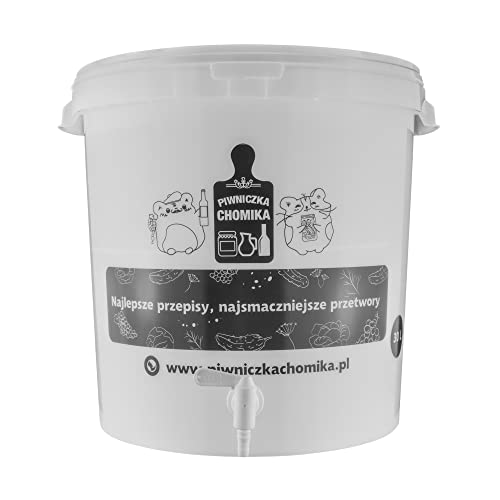conorm
Active Member
I like growing things. I like brewing beer. So I'm thinking of growing some hop plants.
The plan would be to plant roots now in tubs and train up the side of my timber clad shipping container. I've 6m length, 2.5m vertical and another 2.5m across the roof. Good sun, East South East facing, so in the shade in evening but has sun all day. A few Qs...
1. How many plants should I aim for?
2. Would I simply fix twine up the boards and across the roof (assume spaced out 50mm or so from the boards)
3. How much yield should I expect per plant? Thinking centennial, fuggles, bramling cross, cascade, chinook etc.

The plan would be to plant roots now in tubs and train up the side of my timber clad shipping container. I've 6m length, 2.5m vertical and another 2.5m across the roof. Good sun, East South East facing, so in the shade in evening but has sun all day. A few Qs...
1. How many plants should I aim for?
2. Would I simply fix twine up the boards and across the roof (assume spaced out 50mm or so from the boards)
3. How much yield should I expect per plant? Thinking centennial, fuggles, bramling cross, cascade, chinook etc.





![BREWING THERMOMETER STICKERS ACCURATELY MONITOR FERMENTING BEER & WINE LIQUID TEMPERATURES 5PCS HOME BREW SPIRITS WINE LCD ADHESIVE [US]](https://m.media-amazon.com/images/I/311DDjo2X3L._SL500_.jpg)






































